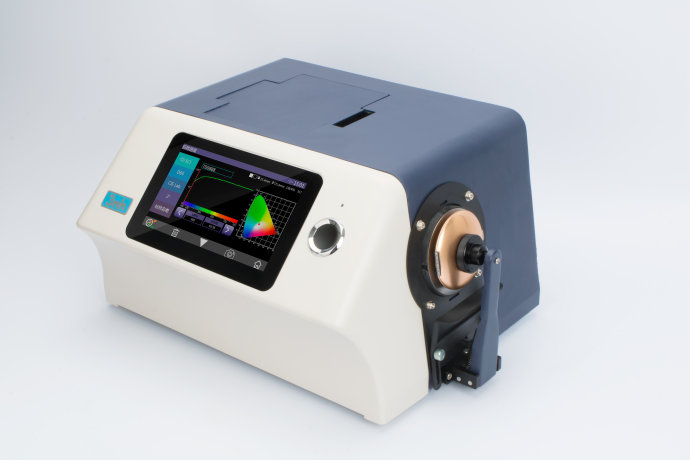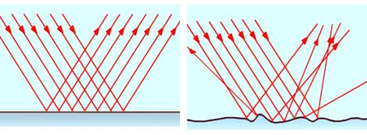When we get a spectrophotometer, we will notice that the technical parameters of the product are marked as "optical geometry: reflectance SCI/SCE and transmittance SCI/SCE". For example, the 3nh grating spectrophotometers YS6010 and YS6060 are marked with the same technical parameters, then what is SCI and SCE? Probably many people are not aware of this, which requires us to study for a complete and thorough understanding of the spectrophotometer.


In the technical parameters of spectrophotometer, SCI refers to Specular Component Included, and SCE refers to Specular Component Excluded. SCI and SCE options generally only appear in the d/8 structure of the color measuring instrument settings, such as the 3nh spectrophotometer YS6060 and YS6010.
In the SCE measurement mode, the specular reflected light is excluded and only the diffused light is measured, so that the measured value is similar to the sample color your eye would see.
In the SCI measurement mode, the specular reflected light and diffuse light will be included together, so that the measured value is the overall objective color of the sample, regardless of the surface appearance. These standards must be fully taken into account when selecting instruments. Some instruments can also measure with both SCE and SCI modes. In general, most customers choose SCI mode.
We've all had the experience that when we slap a basketball on a smooth ground, it's easy to take control of it, but when we slap it on a bumpy surface, it goes out of control. After hitting the ground, the ball changes its direction and then get out of our hands.
In fact, this principle is the same as the way light travels in straight lines. When light shines on the surface of an object, there will be specular and diffuse reflections. If the surface of an object is very smooth, the reflection of light will be stronger. The object surface is very bright through our eyes. When the color of the object surface appears less dark and bright, that is because the specular reflected light is added to the color of the object, which weakens the brightness of the color of the object.


Generally speaking, people tend to neglect specular reflection when observing the color of objects. The color of objects will be less bright by the influence of specular reflection. In order to make the data same as the object color our eyes see, we must exclude specular reflected light and only measure diffuse light. The color of an object varies because of the different amount of specular reflected light we observe. Therefore, when the surface of a smooth object is roughened, the specular reflected light decreases while the diffuse light increases, making the object more bright and colorful. This is why we need to measure the sum of specular light and diffuse light.






